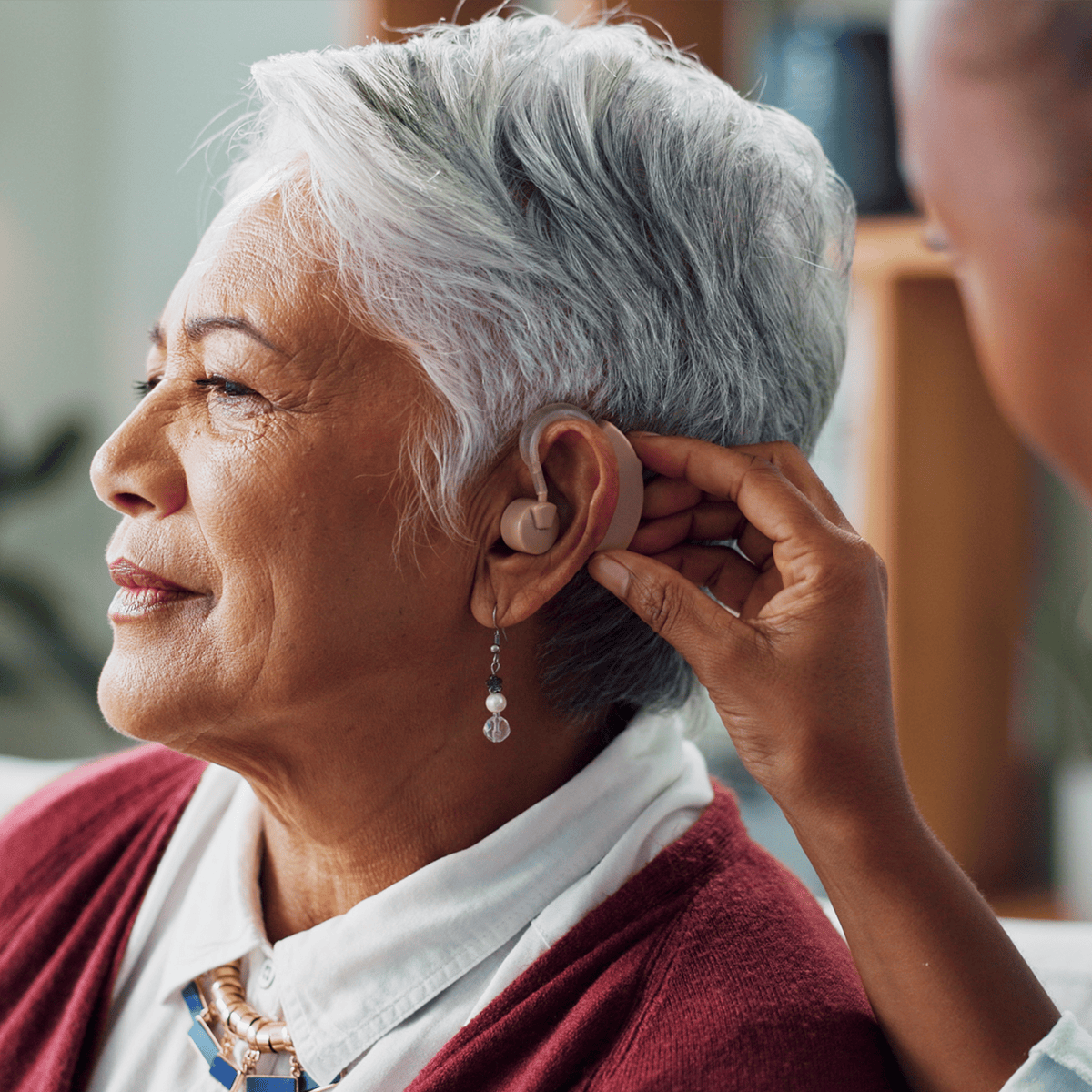How Hearing Loss Impacts Everyday Life for Seniors

Key Takeaways
- Hearing loss can make everyday conversations difficult and frustrating.
- Untreated hearing loss can often lead to social isolation, feelings of loneliness, and safety problems at home.
- Getting help early can improve your quality of life significantly.
As frustrating as it can be to deal with the effects of hearing loss, the good news is that you’re not alone. Hearing loss is actually very common, especially in seniors. Once you understand how to minimize the impact of hearing loss, you can improve your quality of life.
Communication Challenges in Daily Conversations

When you have hearing loss, everyday conversations can feel exhausting. Phone calls may be frustrating, and you might miss important details when talking to doctors or loved ones.
Things you once enjoyed, like watching TV or listening to the radio, can also become frustrating. You may keep turning up the volume, only for family members to complain it’s too loud.
The Emotional & Social Effect of Hearing Loss
The impact of hearing loss affects more than just your ability to hear words. It can turn moments that were once enjoyable into stressful experiences. When you struggle to join in on conversations, it’s easy to feel disconnected from those around you. Over time, this can make you want to avoid social situations altogether.
Avoiding social gatherings may seem like a way to cope, but it can lead to mental health challenges, including severe loneliness and a higher risk of depression.
Hearing Loss and Cognitive Decline

One of the most concerning effects of hearing loss is its impact on brain health. When your brain constantly struggles to understand speech, it has less energy for other tasks like memory and thinking.
Recent research has found links between hearing loss and memory problems, including dementia. While it doesn’t always mean that hearing loss will lead to memory problems, early treatment can help improve your brain health and your quality of life.
Safety Concerns in Everyday Environments
Hearing loss doesn’t just affect the enjoyable parts of life; it can also create safety risks.
Not hearing clearly might mean missing important sounds like smoke alarms or carbon monoxide detectors. You could also miss someone knocking at your door or ringing the doorbell.
Hearing loss can also create risks outside the home. It may make it harder to hear car horns, emergency sirens, or warning shouts from others.
How Hearing Loss Affects Relationships

Relationships with your friends and family are also not immune to the negative effects of hearing loss. When communication becomes difficult, misunderstandings happen more often. Family members might think you’re not paying attention or don’t care what they’re saying, when really, you just couldn’t hear them clearly.
Strategies for a Better Quality of Life
Despite these challenges, there are many ways to reduce the impact of hearing loss on your daily life, including:
- Wearing hearing aids
- Looking at people’s faces when they speak
- Reduce background noise when possible
- Use assistive devices like caption phones from ClearCaptions or TV listening systems
- Learn simple lip-reading techniques to help fill in missed words
You should also let others know that you are struggling with hearing loss and explain how they can help make communication easier. Making small changes in how you communicate can make a big difference in your quality of life.
The Importance of Early Action

Most people wait 10 years after noticing hearing problems before getting help. While you’re waiting, the impact of hearing loss on quality of life continues to grow.
Early action helps your brain adapt more effectively to hearing aids and reduces your risk of health issues. It can also help you maintain stronger social connections and preserve your independence.
If you’ve noticed changes in your hearing, talking to your doctor is a good first step. They can help you figure out ways to minimize the effects of your hearing loss on daily life.
Frequently Asked Questions
How does hearing loss affect my relationships with family and friends?
Hearing loss can lead to misunderstandings and frustration on both sides. Family members might think you’re not listening, while you might feel left out of conversations.
Can hearing loss lead to other health problems?
Yes, untreated hearing loss has been linked to several health issues, including increased risk of falls, depression, social isolation, and cognitive decline. Getting treatment for hearing loss may help reduce these risks.
What are the signs that my hearing loss is getting worse?
Watch for these signs: turning the TV volume higher, having more trouble in noisy places, feeling more tired after conversations, missing the doorbell or phone ringing, and family members mentioning that you’re missing parts of conversations.
Are there simple ways to make communication easier with hearing loss?
Yes! Ask people to face you when speaking, reduce background noise, choose quieter restaurants, sit with your back to a wall, and don’t be afraid to ask people to speak clearly (not louder). These small changes can make big improvements.
What are the emotional effects of hearing loss?
Many people experience frustration, embarrassment, and anxiety in social situations. These feelings are normal, but they’re also a sign that getting help for your hearing could improve your emotional well-being.




